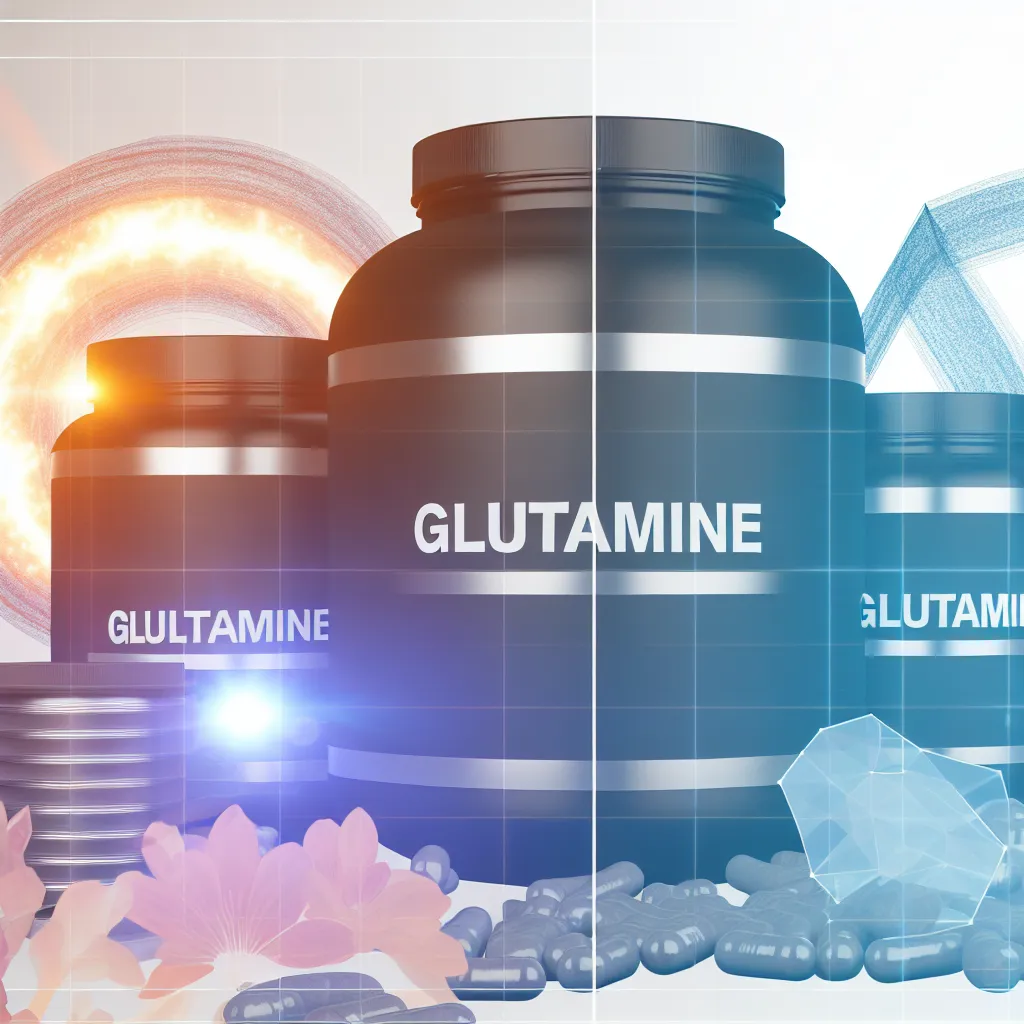Berberine Showdown: A Comprehensive Comparison with Other Supplements

Berberine is a natural compound that has gained significant attention for its health benefits. Understanding how it compares to other supplements can help you make informed decisions about your health regimen.
- What is Berberine?
- Berberine vs. Metformin
- Berberine vs. Probiotics
- Berberine vs. Fish Oil
- How to Take Berberine
- Common Questions About Berberine
- Conclusion
Want personalized, evidence-based supplement ideas? Try our Symptom Search.
What is Berberine?
Berberine is a bioactive compound extracted from several different plants, including the Berberis shrub, from which it gets its name. In traditional medicine, Berberine has been used for its antibacterial, anti-inflammatory, and antidiabetic properties [1]. Recent scientific research has confirmed many of these benefits and discovered new ones, such as its potential to aid in weight loss and improve heart health.
Berberine vs. Metformin
Metformin is a medication often prescribed for type 2 diabetes to lower blood sugar levels. Interestingly, Berberine has been found to be just as effective as Metformin in improving insulin sensitivity and regulating blood sugar levels [2]. Additionally, Berberine has fewer side effects, making it a viable natural alternative for those unable to tolerate Metformin.
Berberine vs. Probiotics
Probiotics are beneficial bacteria that support gut health. Berberine, on the other hand, has broad-spectrum antimicrobial activity. Research shows that Berberine can actually improve gut health by balancing gut flora and reducing inflammation [3]. This makes Berberine and probiotics an effective combination for gut health.
Berberine vs. Fish Oil
Fish oil is often taken for its heart health benefits, mainly due to its high omega-3 content. Berberine also offers substantial benefits for heart health, including reducing LDL cholesterol and preventing the formation of plaque in the arteries [4]. While both supplements support heart health, they do so through different mechanisms, making them complementary to each other.
How to Take Berberine
Berberine is typically sold in capsule form, and the recommended dosage is 500mg taken 2-3 times a day before meals. It is essential to start with a lower dosage and gradually increase to allow your body to adjust. As with any supplement, it's crucial to consult with a healthcare provider before starting Berberine, especially if you're taking other medications or have underlying health conditions.
Common Questions About Berberine
Is Berberine safe to take? Yes, Berberine is generally safe to take. However, it's always best to consult with a healthcare provider before starting any new supplement regimen.
Can Berberine be taken with other supplements? Yes, Berberine can be taken with other supplements. However, it's important to note that Berberine may interact with certain medications, so it's recommended to speak with a healthcare provider first.
Conclusion
Berberine is a potent natural compound with a wide range of health benefits. While it's not a replacement for prescribed medication, it can be a beneficial supplement to support various areas of health. When compared to other popular supplements, Berberine holds its own and, in some cases, may even outperform them. Always consult with a healthcare provider before starting any new supplement regimen.
References
[1]: Yin, J., Xing, H., & Ye, J. (2008). Efficacy of berberine in patients with type 2 diabetes mellitus. Metabolism, 57(5), 712-717. DOI: https://doi.org/10.1016/j.metabol.2008.01.013
[2]: Zhang, Y., Li, X., Zou, D., et al. (2008). Treatment of type 2 diabetes and dyslipidemia with the natural plant alkaloid berberine. The Journal of Clinical Endocrinology & Metabolism, 93(7), 2559-2565. DOI: https://doi.org/10.1210/jc.2007-2404
[3]: Han, J., Lin, H., & Huang, W. (2011). Modulating gut microbiota as an anti-diabetic mechanism of berberine. Medical Science Monitor, 17(7), RA164-RA167. DOI: https://doi.org/10.12659/MSM.881842
[4]: Kong, W., Wei, J., Abidi, P., et al. (2004). Berberine is a novel cholesterol-lowering drug working through a unique mechanism distinct from statins. Nature Medicine, 10(12), 1344–1351. DOI: https://doi.org/10.1038/nm1135
Disclaimer: This article is AI-generated for educational purposes only and is not a substitute for professional medical advice. Always consult with a healthcare provider before starting any supplement regimen.
Explore More Resources
Disclaimer: This article is AI-generated and for informational purposes only. While we strive for accuracy, the content may contain errors or omissions.
The information provided is not medical advice. Always consult with healthcare professionals before starting any supplement regimen or making changes to your health routine.
Important: The information provided in this article about Berberine is for educational purposes only. It is not intended to diagnose, treat, cure, or prevent any disease.
FDA Disclaimer: These statements have not been evaluated by the Food and Drug Administration. Supplements are not intended to diagnose, treat, cure, or prevent any disease.
Related Articles

Calcium Showdown: A Comparative Guide Against Other Supplements
Uncover the power of calcium in our head-to-head guide comparing it to other supplements. Learn how calcium can boost your health today!

Master Your Sleep: A Comprehensive Guide to Melatonin Supplements
Unlock better sleep with our in-depth guide to Melatonin supplements! Discover the secrets of this natural sleep aid and start resting better tonight.

Glutamine Showdown: How it Stacks Against Other Supplements
Uncover the power of Glutamine! Compare its benefits against other supplements and discover why Glutamine may be your secret health ally!